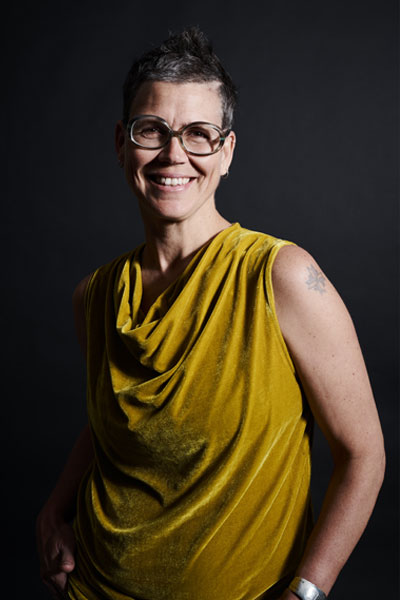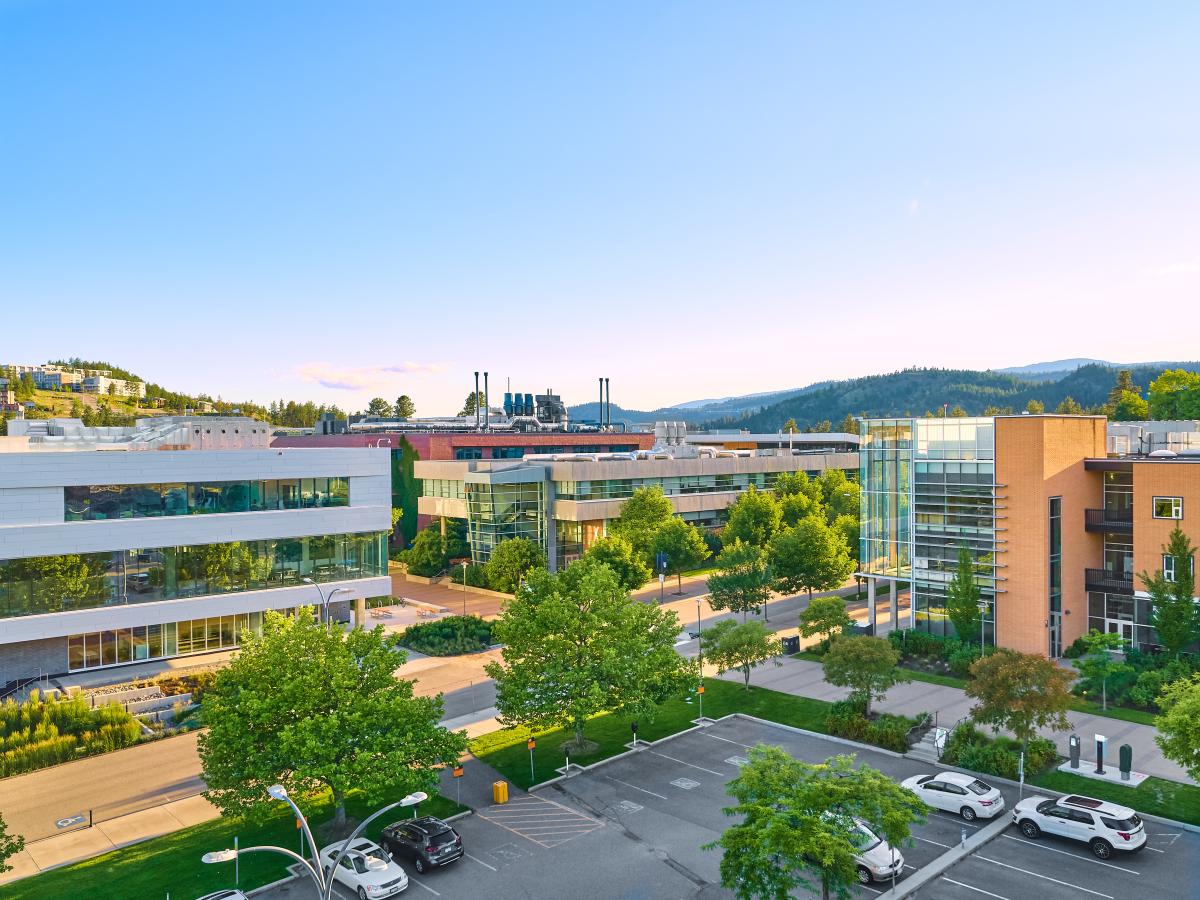
When many imagine place-based learning, it can conjure poetic images of untouched, natural landscapes where students share a learning space with flora and fauna far beyond the traditional, colonial classroom setting. However, these types of spaces are not always accessible for many, and this vision of place-based learning unintentionally reinforces exclusions of settler academic learning environments.
Fortunately, a collaborative effort led by Dr. Astrida Neimanis and a team of interdisciplinary students and faculty blends sustainability and inclusivity to bridge these gaps, cultivating inclusive learning landscapes for UBC Okanagan students.
Their project, Cultivating Environmental Attention: Course Development for Accessible Environmental Humanities Field Methodologies, is centred around creating a cutting-edge field course within the Bachelor in Sustainability program. It also involves the development of open-access materials and resources that will be beneficial to a diverse range of academic and community partners. The engagement with the community and experts has been pivotal in shaping their work. Over the past year, the project team has hosted several workshops at the Woodhaven Eco Culture Centre, bringing together over 20 community members with expertise and lived experiences in the fields of education, accessibility, inclusion, and outdoor learning. These participants not only shared in-course activities, such as a sensory walk exercise, but also provided invaluable feedback that has significantly influenced the project's direction, making them integral to the process.

Dr. Astrida Neimanis

The many interactions and experiences led the project team to explore and challenge their preconceptions of place—a process Dr. Neimanis suggests is necessary to unlearn what we think we know about places that colonial, ableist and Western imaginaries may have coloured.
"The conversations and connections I have made during this project have revealed ways place-based education can thrive in any diverse setting, be it urban areas, cultural sites, community spaces, or even virtual realms," shares Haida Gaede, a recent FEELed Lab alumna who completed her MSW in 2023.
"By expanding our definition of place, acknowledging diverse lived experiences, and prioritizing belonging and safety, we can enrich our understanding of the intricate relationships between people and their surroundings and work towards a more inclusive and sustainable future."
Sustainability student and FEELed Lab researcher Daisy Pullman emphasizes that "accessibility and inclusion are often overlooked in environmental and place-based education, and this project is a significant step towards challenging this prevailing approach." This bold stance against the status quo is not just a step, but a leap towards a more inclusive and sustainable future, inspiring us all to rethink our approaches and strive for positive change.
With both accessibility and sustainability at its heart, this project presents an essential opportunity for UBC to explore and support the integration of inclusive pedagogies and place-based learning into new and existing programs.